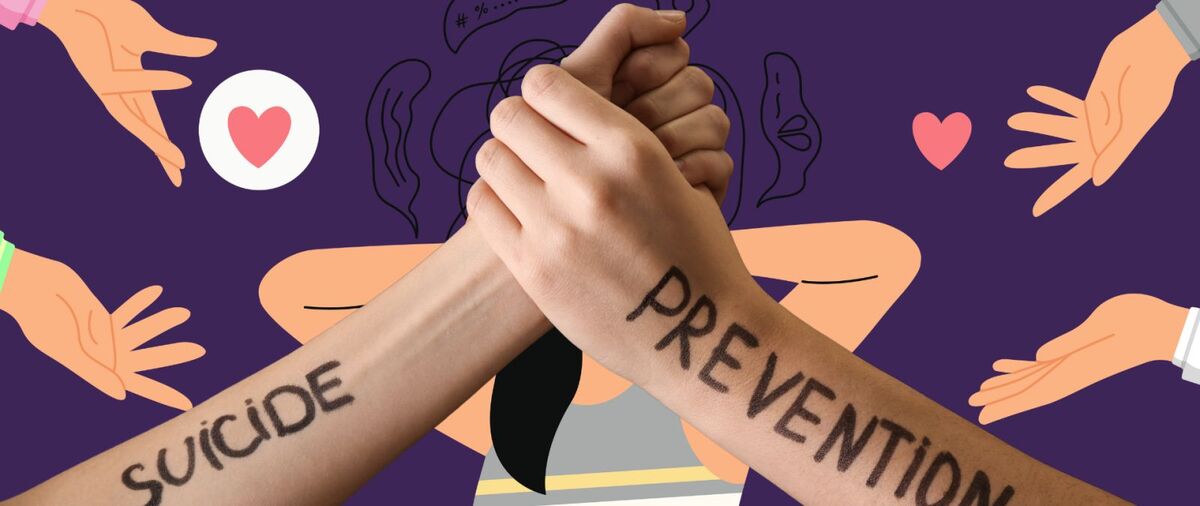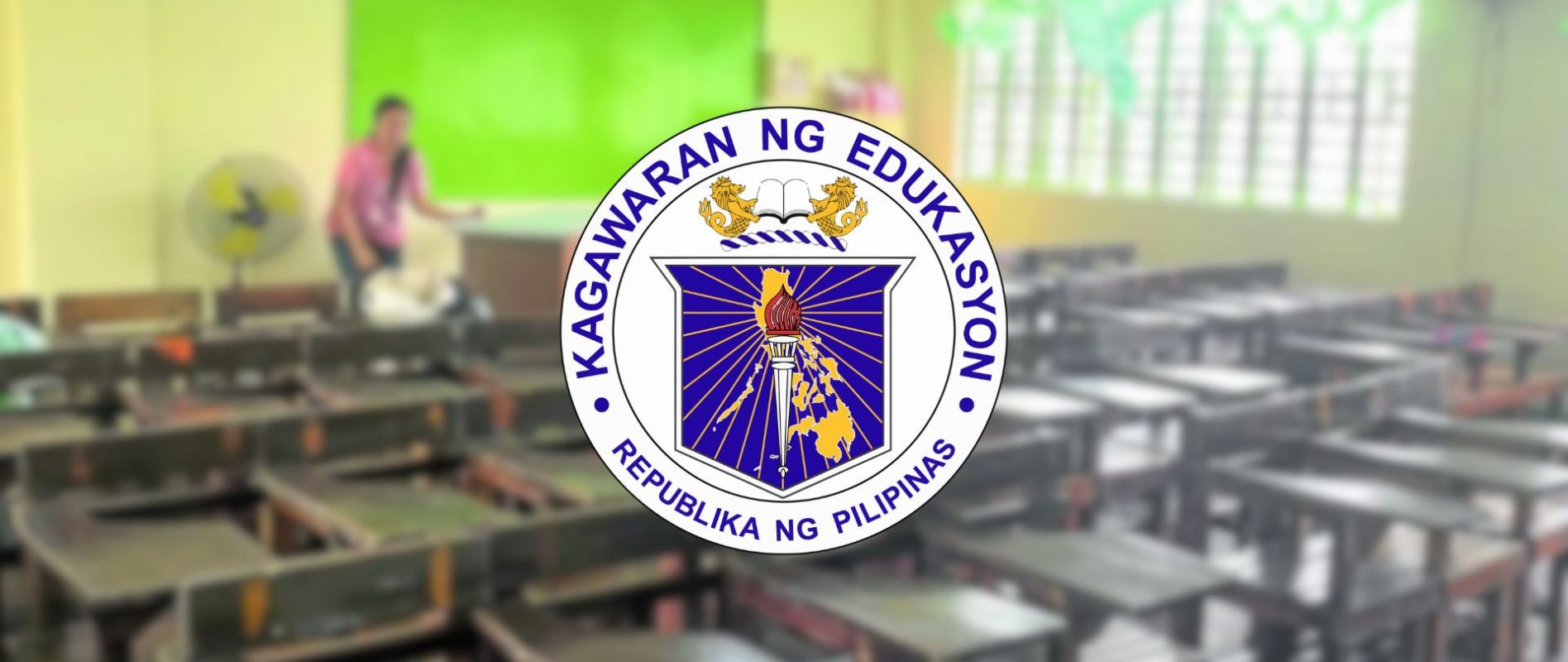MISSED SCHOOL? A HOMESCHOOLED STUDENT SHARES HOW TO MANAGE STUDYING IN ISOLATION
With all the talk about navigating the virtual shift among today's students and all its implications on feasibility and logic, we put our focus on a homeschooled kid on how she got by without attending a physical institution; and that’s fine.
Stroking the chalk down for a noisy tally, cafeteria shenanigans over cola and tapsilog, mundane tag games in the hallways, and of course, the class president’s wailing—that’s how a typical day at school goes on Pinoy classrooms. All these now amiss in the new normal to be replaced with the lags and gags inside a virtual classroom.
Welcome students to a year that’s about to change the landscape or perhaps, virtualscape, of formal education in the Philippines. Intriguingly, this whole new educational scheme will involve the use of e-learning as the new normal. But while it’s a huge stretch to keep education rolling amidst the COVID-19 situation, prevention is always a priority among students. It may come off as both restraining in terms of physical limitations and freeing, due to the comfort of home, hear it from the home-schooled kids how they formed their experience to prove successful.
A particular demand of the new normal that needs robust attention is social distancing. The guideline that’s been strictly implemented on quarantine areas has always been a priority from the get-go by the government to keep the public safe. But considering our steady rise of cases, DepEd pushed back the school year in August with their new sets of guidelines. But even with this move, the option for online learning remains only as a recommendation for institutions. This shift serves as a challenge for both students and universities that’s set to be a determining factor on the Philippines’ adaptability to the future of education.
A click on the internet takes you to vast possibilities and can easily set you off-guard. The major change in environment generally affects school attendees in different ways and for some, it might be intimidating. But for homeschooled kids, studying at home is a matter of taking personal decisions. Even before the concept of e-learning, the very core of education is about learning. Although homeschooling then involves more physical materials like books and test papers, the same manner of learning through visuals and materials are still applied. The shift today involves classrooms to online platforms such as Zoom and Google Meet; books to links on studies, articles, and informative channels; and then physical interactions with chats and video calls. Growing up as a homeschooled kid then may be limited with studying alone, now, it’s become more interactive and thus blurs the notion of the disadvantage of lack in intimacy and interaction due to isolation that a child needs.
Digital natives of Gen Zs and beyond prove to be more adept with digital advances due to early exposures on gadgets at home. The ease of access in free and paid education brought by the internet through webinars, online workshops, and online education sites such as Coursera, SkillShare, and Udemy allows even students to go beyond what they learn from school. But even with it, a lot of factors weigh in on the adjustment needed for their effective shift to homeschool experience, notably with mental preparedness.
The New York Times wrote an article on the students’ insights on remote learning and mostly, it’s about missing their peers and activities. These conversations shed light on friendship and interaction as sources of motivation for students going to school. But with most institutions going online, it’s a matter of making do with chats and calls for now. Another concern was brought up at the Asian Institute of Management’s forum on “Education Under the New Norm” where several teachers talked about the challenge on internet accessibility especially for far-flung areas which add up to the students’ stresses for the upcoming school year. With all these in tow and the lockdown affecting everyone’s mentality due to prolonged quarantine, some students are already facing frustrations and doubts whether they can manage this whole new scheme.
For psychology graduate, Esther Comising, who underwent homeschooling for two years with her two brothers, she shares that her experience was, at the least, fun and different because she took her own pace at the comfort of her home. Homeschooling may have posed a seeming threat to upcoming 2020 students because of the notions on social exclusivity, but there’s another way to see it and work around these missing experiences.
There’s a stigma on homeschooling regarding the lack of physical interactions and limitations on your learning space. What are your thoughts about this?
There are always pros and cons to almost everything. Everyone learns differently. Even schools implement dynamic teaching styles to accommodate different types of learners. The key is to find out what personally works for you and how you can best learn from it.
I get what they mean with the physical interaction because I remember how I did feel weird and all shy when I went back to normal school after homeschooling. But I’ve always been an introvert and that was something I eventually worked out. I still get to interact with the kids in my neighborhood even more so since I didn’t have to do homework after school.
Regarding the limitations, I guess there aren’t that many in this day and age since you can comfortably learn more from home if you have an internet connection. There are so many free legitimate resources that you can use if only you’d take time to search.
Do you follow certain strategies for yourself so you can focus on your studies while at home?
Back then, I remembered that we had to finish our study and then we could play. We’d also get rewards to motivate us when we finish a certain number of lessons or modules. It’s very different nowadays though. There are so many distractions especially at home. It’s important to set your own study place outside your room, if possible, or even just inside and have everything you need within reach. Having a set place kind of conditions your mind and helps you get into study mode better when you’re in that space. Not on your bed though because it will just make you want to laze around and sleep.
Also, no phones unless necessary or at least turn off all notifications so you don’t get distracted. Remember to take breaks in between lessons and reward yourself when you finish lessons or accomplish goals for the day. Those are just some things that also worked for me during my thesis days.
With e-learning as the new normal, what can you advise incoming students for them to have an effective experience?
To have an effective experience with studying in general, we have to realize that it’s a privilege that many around the world do not have. We are blessed to be able to study in the comfort of our home, however, there are still many of our fellow countrymen who cannot do so due to their own circumstances. I hope we don’t waste our privilege and instead, use it to our advantage to get to a position where we can help others and inspire change.
Studying is an important way to gain knowledge and with it, power to change and improve. We have to put the work in to get results and reach our dreams. One of my favorite professors used to say, “There’s still no substitute for hard work. Your success is determined by the effort you put in to reach your dreams. Do your best, but when you fail, don’t be too disheartened.” Failure is part of the process in getting better. Examine yourself, find out what study habits work for you and study hard, but not too hard on yourself. After all, we’re still in a pandemic! Don’t forget to take care of your physical, mental, and spiritual health.














